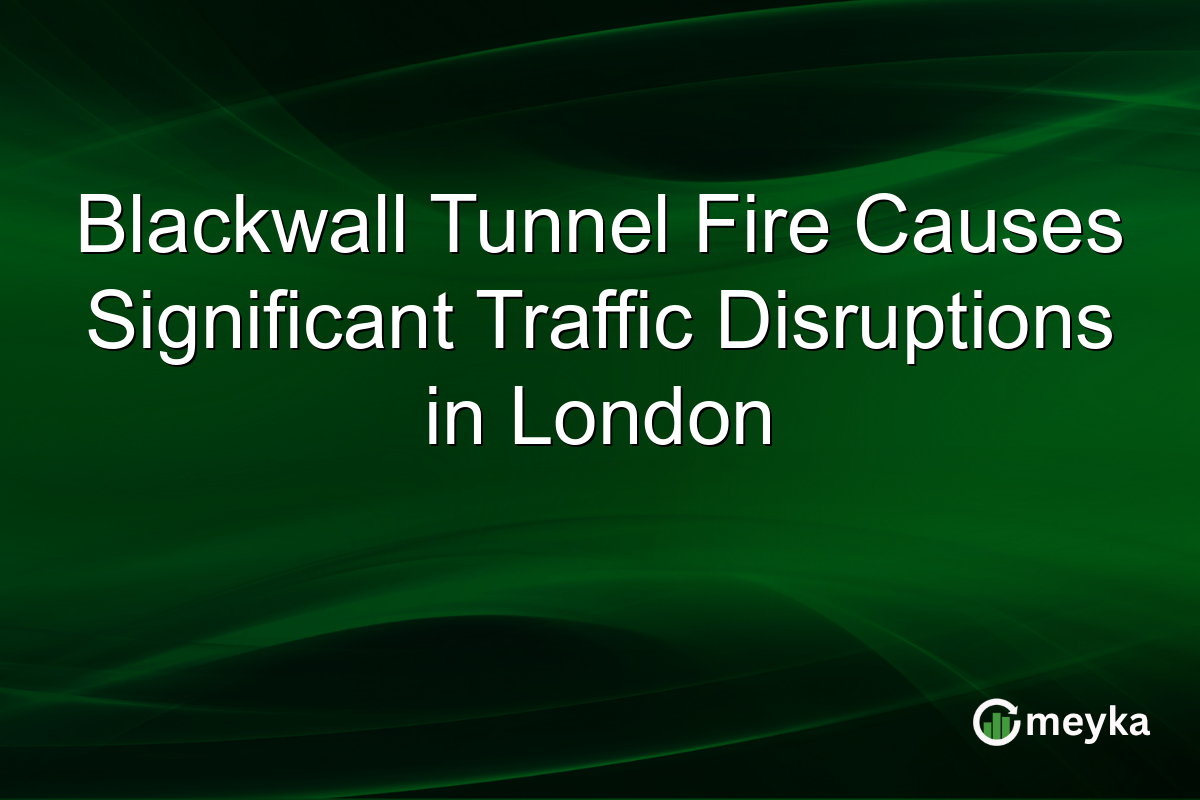Blackwall Tunnel Fire Causes Significant Traffic Disruptions in London
A fire near the Blackwall Tunnel recently wreaked havoc on London’s streets, causing unprecedented traffic disruptions. Thousands of commuters faced delays as emergency services battled the blaze overnight. The incident raises critical questions about the resilience of urban transport networks and underscores implications for urban planning and emergency services. This event brings to light vulnerabilities in infrastructure and stresses the need for a proactive approach to urban emergency management.
Continue Reading on Meyka
This article is available in full on our main platform. Get access to complete analysis, stock insights, and more.
Read Full Article →





